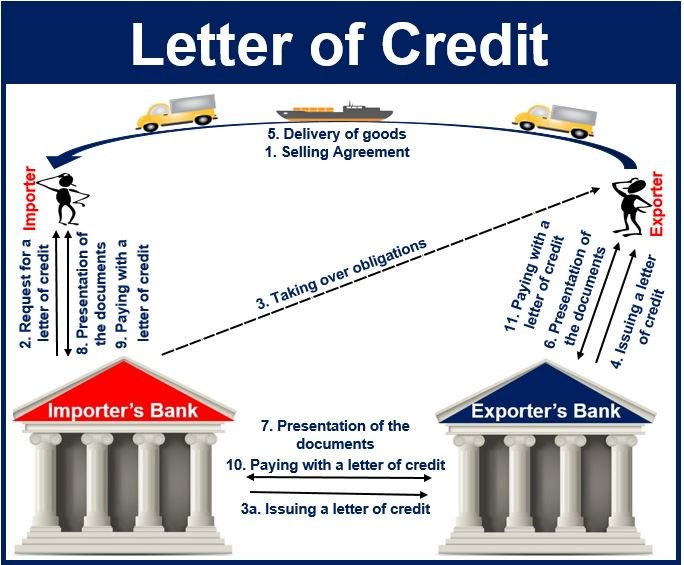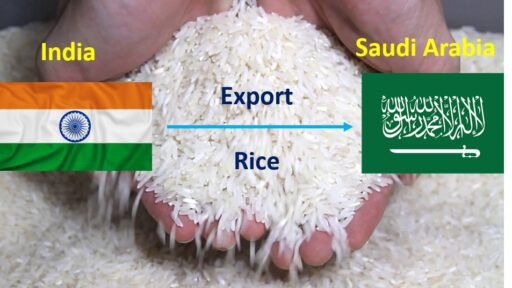Expanding your business into the international market through exporting can be a lucrative endeavor, but it comes with its own set of challenges. One of the most crucial aspects of a successful export business is finding reliable and profitable buyers in foreign markets. The process of finding buyers can be intricate and requires strategic planning, market research, and effective networking. In this guide, we will walk you through the steps to find buyers for your export business and establish a strong presence in global markets.
1. Market Research: Understanding Demand and Trends
Before you start searching for buyers, it’s essential to conduct thorough market research. Understand the demand for your product in various target markets, and identify trends, preferences, and cultural nuances that might affect your approach. This research will help you tailor your product offerings and marketing strategies to suit the needs of your potential buyers.
2. Develop a Strong Online Presence
In today’s digital age, having a robust online presence is crucial. Create a professional website showcasing your products, services, and the value you offer. Optimize your website for search engines to make it easier for potential buyers to find you. Consider utilizing social media platforms and online marketplaces to further enhance your visibility and reach.
3. Utilize B2B Marketplaces
B2B (business-to-business) marketplaces are platforms specifically designed to connect suppliers and buyers. Platforms like Alibaba, TradeIndia, and Global Sources allow you to list your products, reach a global audience, and receive inquiries from interested buyers. Ensure your profiles are detailed, including product specifications, pricing, and contact information.
4. Networking: Trade Shows and Exhibitions
Participating in international trade shows and exhibitions can provide you with a direct platform to showcase your products to a highly targeted audience. These events attract potential buyers, distributors, and industry professionals. Networking at such events can help you establish valuable contacts and build relationships that can lead to long-term business partnerships.
5. Leverage Government Resources
Many governments offer resources and support for businesses looking to export. Contact your country’s trade or commerce department to learn about available programs, grants, and assistance for export-oriented businesses. They might have valuable insights into markets and connections that can help you find buyers.
6. Hire Agents and Distributors
Local agents and distributors who are well-versed in the target market can play a significant role in connecting you with potential buyers. They have a deep understanding of the local business landscape, distribution channels, and customer preferences. Collaborating with them can provide you with an effective shortcut to accessing buyers and establishing a foothold in the market.
7. Direct Outreach and Cold Calling
Sometimes, a proactive approach is the most effective. Research potential buyers in your target markets and reach out to them directly. Craft personalized pitches highlighting how your products can benefit their business. Cold calling and emailing may seem old-fashioned, but they can yield promising results when done strategically.
8. Attend International Business Delegations
Many countries organize international business delegations, where companies from one country visit another country to explore business opportunities. These delegations often include networking events, business meetings, and seminars. Participating in such delegations can help you connect with potential buyers and stakeholders from different markets.
9. Collaborate with Local Chambers of Commerce
Local chambers of commerce are excellent resources for connecting with potential buyers. They often have databases of businesses in various industries and can facilitate introductions. They may also organize business networking events that can provide you with opportunities to interact with potential buyers face-to-face.
10. Provide Excellent Customer Service
Word of mouth travels fast, especially in business circles. When you start gaining traction and attracting buyers, ensure that you provide exceptional customer service. Satisfied buyers are more likely to recommend your products to others, leading to a positive reputation and increased demand.
11. Tailor Your Marketing Materials
When reaching out to potential buyers, ensure that your marketing materials are localized and culturally sensitive. This demonstrates your commitment to understanding and respecting the target market. Translating your materials accurately and adapting them to local preferences can make a significant difference in how your business is perceived.
12. Offer Samples and Product Demonstrations
In some cases, providing samples of your products to potential buyers can help them experience the quality firsthand. This is particularly effective for industries where tactile experience matters, such as textiles or food products. Consider offering product demonstrations or arranging visits to your manufacturing facilities if feasible.
13. Build an Email List and Send Newsletters
Email marketing remains a powerful tool for staying connected with potential buyers. Create an email list of interested parties and send out regular newsletters with updates about your products, industry insights, and success stories. Consistent communication can keep your brand on the radar of potential buyers.
14. Adapt and Learn
As you navigate the world of finding buyers for your export business, it’s important to remain adaptable and open to learning. Not every approach will yield immediate results, and the global market is ever-changing. Regularly assess your strategies, gather feedback, and make necessary adjustments to refine your approach over time.
Conclusion
Expanding your business through exporting offers immense potential for growth and profitability. Finding buyers is a crucial step in this journey, requiring a combination of market research, networking, digital presence, and perseverance. By utilizing a combination of these strategies and remaining committed to building strong relationships, your export business can flourish on the global stage. Remember that success in exporting is a gradual process, and building a solid foundation will set you on a path to sustainable growth and international recognition.




